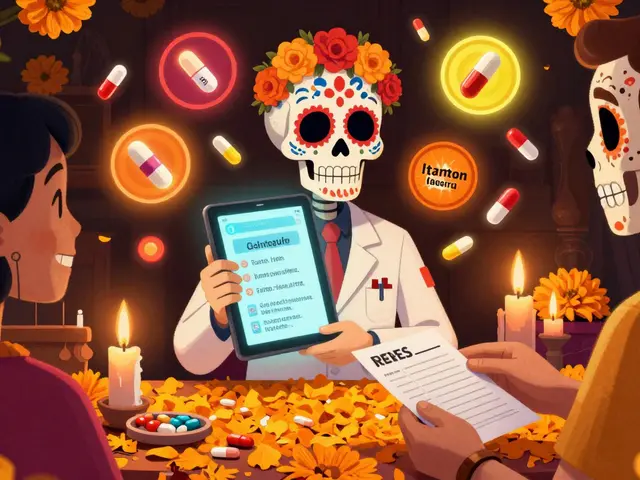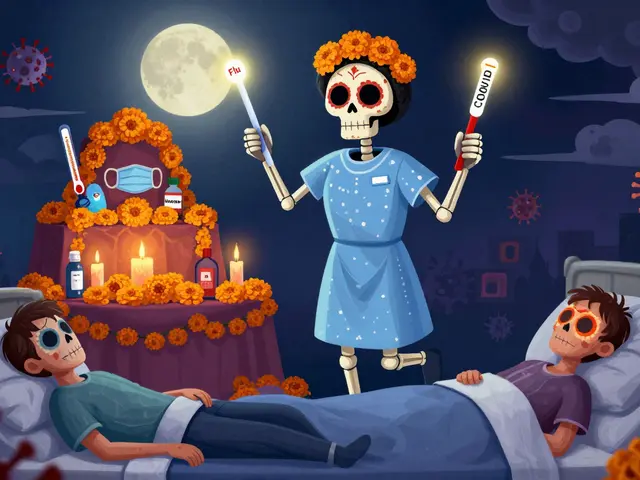Cuba's health sector has historically been lauded for its achievements and accessibility. However, in recent times, the island nation finds itself grappling with an unprecedented healthcare crisis, marked by a severe shortage of essential medicines. This scarcity has given rise to a burgeoning black market, a dilemma that underlines the increasing hardships faced by Cuban families and the challenges in Cuba's medical system. Among the most affected are individuals like Lili, a resident of Marianao, who are forced to turn to online platforms like Revolico to purchase antibiotics for their loved ones at exorbitant prices.
The irony lies in the stark contrast between the empty shelves of state-run pharmacies and the abundant supplies available through private vendors. Such discrepancy not only reveals the extent of the crisis but also the inefficiencies within the healthcare system. The situation is further exemplified by Estela's predicament, whose husband required Rocephin for his pneumonia treatment. The couple's reliance on the black market for such a critical medication underscores the dire circumstances many Cubans find themselves in.
Eduardo Martínez, the Education Minister, has acknowledged the complexities surrounding the issue. In his statements, Martínez highlighted ongoing efforts to bolster the domestic production of key medicines. Despite these measures, critics argue that the government's focus should shift towards addressing the root causes of the medical shortages rather than merely promoting its public healthcare service as a revolutionary achievement. This argument points towards a deeper systemic issue that requires immediate and effective solutions.
The implications of Cuba's healthcare crisis extend beyond the immediate health risks posed by the lack of essential medicines. The burgeoning black market for pharmaceuticals not only exacerbates the inequality within the health system but also raises concerns about the quality and safety of the medicines being circulated outside the formal healthcare setting. Moreover, the inflated prices on the black market put a significant financial strain on Cuban families, further complicating their access to much-needed healthcare services.
As Cuba struggles to navigate through this healthcare crisis, the international community watches closely. The situation is a stark reminder of the challenges faced by healthcare systems in resource-constrained settings. It also calls for a concerted effort from all stakeholders, including the Cuban government, healthcare professionals, and international partners, to devise sustainable solutions that can address the immediate shortages and tackle the systemic issues underscoring the crisis. Only through such collaborative efforts can Cuba hope to restore its healthcare system to its former glory, ensuring that all citizens have access to the essential medicines they desperately need.








